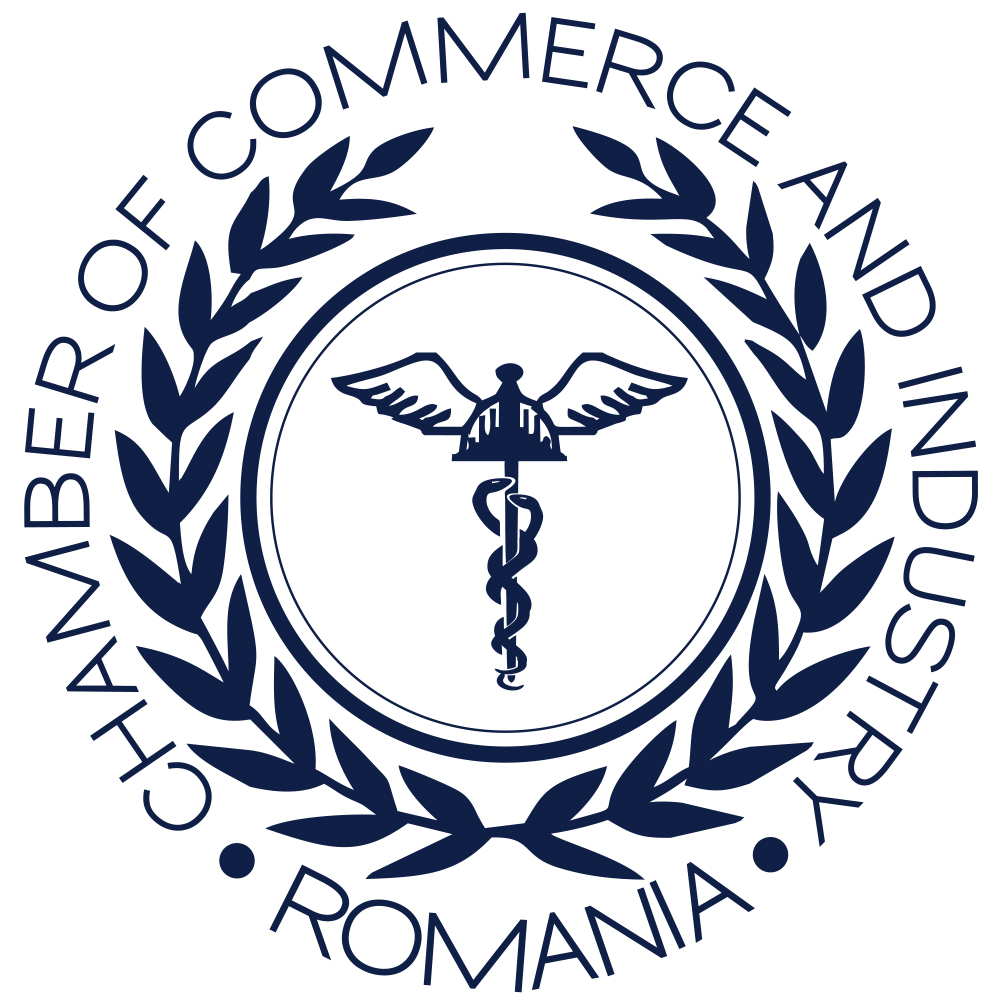Working meeting with representatives of the World Bank in Romania
Publicat pe 17/07/2019
Bucharest, July 16th, 2019: The President of the Chamber of Commerce and Industry of Romania (CCIR), Mr. Mihai Daraban, participated on July 16th, at a working meeting with representatives of the World Bank, to identify development opportunities for the Romanian business environment.
At the meeting, the president of CCIR, Mr. Mihai Daraban mentioned the importance of the financial assistance and expertise provided by the external development partners, in this case the World Bank, expressing the interest in continuing to cooperate with this institution in order to improve the economic sector and, implicitly, the business environment in Romania.
At the same time, the representatives of the World Bank stressed that Romania has achieved major benefits as a member of the European Union, rapidly reaching the levels of income registered by the other Member States and becoming one of the fastest-growing economies in Europe, in the last years.
Recently, a tripartite agreement between the World Bank (WB), The Directorate-General for Regional and Urban Policies (DG Regio) of the European Commission and the Government of Romania, through the Ministry of Regional Development and Public Administration was signed to provide support Romania’s efforts to improve the impact of investment in urban areas and to maximize the use of EU funding.
The partnership will focus on analytical and technical assistance services over the next six months to help Romania adopt a cross-sectoral and inter-jurisdictional approach and respond better to existing needs in territories, a single clear administrative limit.
The meeting was attended on behalf of the World Bank by Ms. Tatiana Proskuryakova, Country Manager, Mr. Koen Davidse, Executive Director and Mr. Cătălin Păuna, senior economist.
Background
Under the Country Partnership Strategy, the World Bank supports Romania’s efforts to accelerate structural reforms. The long-term overall long-term goal of the Country Partnership Strategy is to support the country’s convergence with the EU through strong, sustainable and equitable economic growth and greater competitiveness.
The Bank is involved in Romania using its full range of tools: loans within the development policy, assistance and analytical services (ASA), and especially reimbursable technical assistance (RAS).


